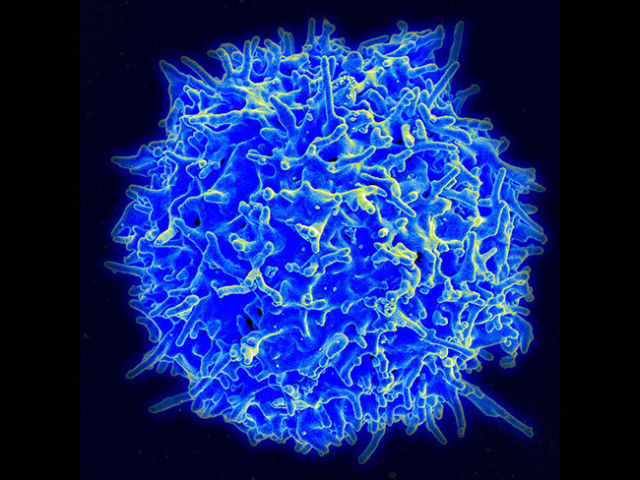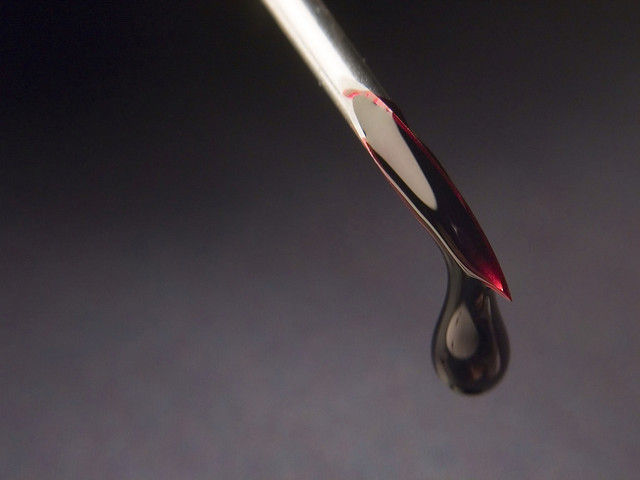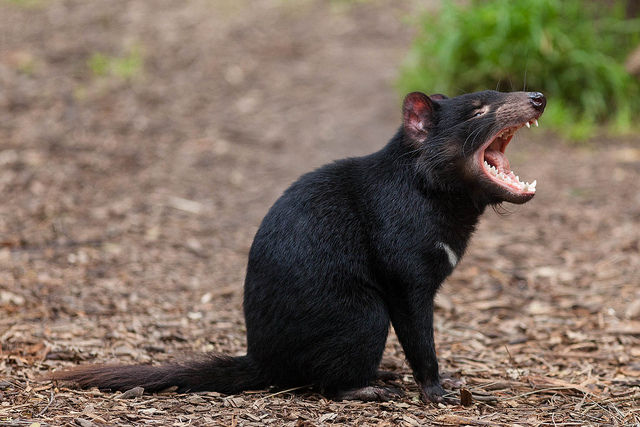Mutations disabling the TP53 tumour suppressor gene represent the most frequent events in human cancer and typically occur through a two-hit mechanism involving a missense mutation in one allele and a ‘loss of heterozygosity’ deletion encompassing the other. While TP53 missense mutations can also contribute gain-of-function activities that impact tumour progression, it remains unclear whether the deletion event, which frequently includes many genes, impacts...
Tag Archives: cancer
Genomic analyses identify molecular subtypes of pancreatic cancer
Integrated genomic analysis of 456 pancreatic ductal adenocarcinomas identified 32 recurrently mutated genes that aggregate into 10 pathways: KRAS, TGF-β, WNT, NOTCH, ROBO/SLIT signalling, G1/S transition, SWI-SNF, chromatin modification, DNA repair and RNA processing. Expression analysis defined 4 subtypes: (1) squamous; (2) pancreatic progenitor; (3) immunogenic; and (4) aberrantly differentiated endocrine exocrine (ADEX) that correlate with histopathological characteristics. Squamous tumours are enriched for TP53...
Keeping immune cells engineered to kill cancer from killing everything else

A T cell, the basis for immune therapies against cancer. (credit: NIAID)
One of the more exciting developments in cancer research involves tweaking the immune system to attack cancer. It's possible to engineer the immune system's T cells to attack and kill tumor cells based on the specific proteins those tumors produce. It's a relatively new anti-cancer therapy, but initial tests...
Vice President Joe Biden to lead “moonshot” effort to end cancer

Moonshot Joe. (credit: C-SPAN)
In his final State of the Union address, President Obama announced a “new national effort” to put an end to cancer once and for all—and that effort will be led by Vice President Joe Biden, who last year tragically lost his son Beau to brain cancer at the age of 46.
“It’s personal...
Big names gamble big bucks on blood tests for early cancer detection

Forget biopsies, ultrasounds, mammograms, pap smears, rectal exams, and other unpleasant cancer screenings—the race is now on for simple, affordable blood tests that can detect all sorts of cancers extremely early.
On Sunday, genetic sequencing company Illumina Inc. announced the start of a new company called Grail, which will join dozens of companies developing such blood tests. Toting big-name investors...
Cancer: Bet on drug resistance
Inhibitors of the BET bromodomain proteins are promising cancer therapeutics, but tumour cells are likely to become resistant to these drugs. Anticipated mechanisms of resistance have now been described.
Nature doi: 10.1038/nature16863
Response and resistance to BET bromodomain inhibitors in triple-negative breast cancer
Triple-negative breast cancer (TNBC) is a heterogeneous and clinically aggressive disease for which there is no targeted therapy. BET bromodomain inhibitors, which have shown efficacy in several models of cancer, have not been evaluated in TNBC. These inhibitors displace BET bromodomain proteins such as BRD4 from chromatin by competing with their acetyl-lysine recognition modules, leading to inhibition of oncogenic transcriptional programs. Here we report...
An ID2-dependent mechanism for VHL inactivation in cancer
Mechanisms that maintain cancer stem cells are crucial to tumour progression. The ID2 protein supports cancer hallmarks including the cancer stem cell state. HIFα transcription factors, most notably HIF2α (also known as EPAS1), are expressed in and required for maintenance of cancer stem cells (CSCs). However, the pathways that are engaged by ID2 or drive HIF2α accumulation in CSCs have remained unclear. Here we...
New type of contagious cancer spreading among Tasmanian devils

(credit: PROVille Misaki/Flickr)
Contagious cancers were thought to be exceedingly rare—after all, researchers only knew of three kinds in the world. But now, there’s a fourth. And it’s raising some big questions about scientists’ understanding of cancer.
This week, scientists report finding a new type of transmissible tumor in Tasmanian devils, the famous marsupials of the Australian...
Cancer: Oncogene brought into the loop
Analysis of the 3D structure of DNA in tumour cells reveals how mutations in the IDH1 gene, and associated changes in methyl groups attached to DNA, elevate the expression of cancer-promoting genes.
Nature doi: 10.1038/nature16330


